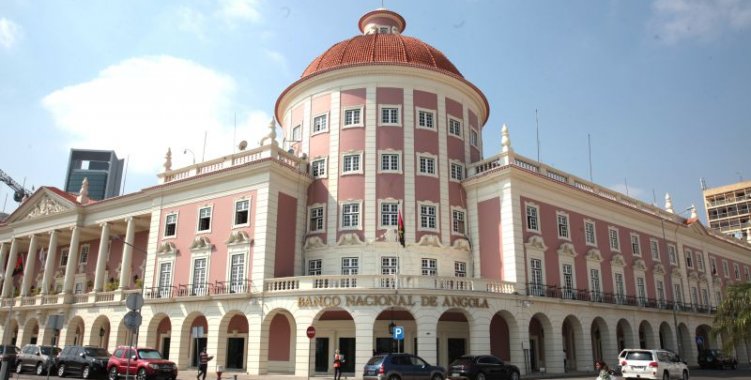"The reduction in the basic interest rate, the permanent facilities for lending and absorbing liquidity are relevant in the context of transmitting monetary policy via 'forward guidance' – that is, indicating to the market what to expect in the future of monetary policy – , since the decision taken last Friday is a clear signal that the BNA is giving to the market that it expects to see inflation continuing its decelerating path", write the analysts in a comment to the decision announced at the end of last week.
In the commentary, sent to investors and to which Lusa had access, BFA economists write that, thus, the bank "raises the same expectation to economic agents and above all to banks that they will be able to count on lower interest rates in the near future, which that can potentially influence investment decisions".
On the 20th, the National Bank of Angola reduced all key interest rates, cutting the basic rate (BNA, the benchmark for loans) by 1.5 percentage points, from 19.5 to 18 percent.
The interest rate on the Standing Facility for Providing Liquidity dropped from 21 percent to 18 percent, while the interest rate on the Standing Facility for Liquidity Absorption dropped from 15 percent to 14 percent.
"Even with year-on-year inflation reaching the lowest levels of 2015 in December 2022 and closing more than 4 percentage points below the target for that year, the BNA remained very cautious with regard to the easing of monetary policy", write the analysts.
The central bank, they conclude, "is creating an environment that should lead to a drop in interbank interest rates and, by extension, the interest rates charged by banks on credit to customers".
The Monetary Policy Committee analyzed the international economic situation, which points to a slowdown in growth and a reduction in inflation in 2023, as a result of the restrictive monetary policy, the slowdown in economic activity, the normalization of supply chains and prices of 'non-energy commodities'.
At national level, "the macroeconomic fundamentals remain favourable", said José de Lima Massano at the end of the meeting, on the 20th, pointing to the positive performance of the goods account which registered a surplus balance of 30.92 billion dollars (+41.92 percent of that in 2021).
International Reserves stood at 14.48 billion dollars, which corresponds to coverage of around six months of imports of goods and services.







